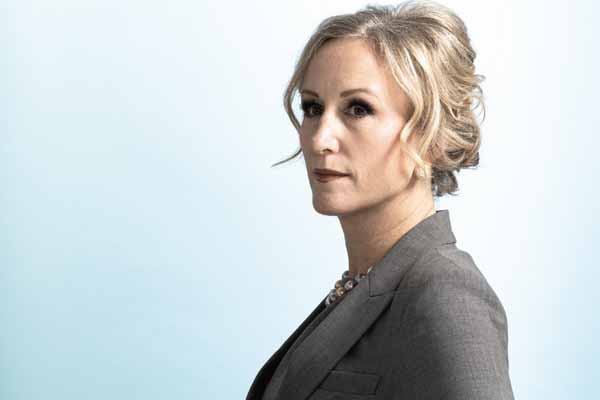
Physicians are human. The Texas Medical Association and a number of other statewide business and professional organizations are hoping to make sure that for the rest of COVID-19 public health emergency, and for other future disasters, physicians, hospitals, and businesses won’t be held to a superhuman standard – and sued out of existence as a result.
The Texas Alliance for Patient Access (TAPA) announced in early March that Sen. Kelly Hancock (R-North Richland Hills) and Rep. Jeff Leach (R-Plano) would soon file COVID-19 liability legislation that would enhance liability protections to shield more physicians from lawsuits for care delivered during pandemics, hurricanes, and other catastrophic events that inject chaos into their good-faith medical efforts.
Without those protections, physicians may feel scared to march into the front lines of a disaster when Texas needs them most, says Dallas public health physician John Carlo, MD, a member of TMA’s Council on Legislation.
“We need to make sure that our health care workers will be comfortable responding in the middle of a crisis,” Dr. Carlo said. “It’s essential that you have physicians or health care providers that are willing to step up and take on this incredible challenge during a situation where we’re dealing with a lot of uncertainties, even around the environment or the setting or the way that we’re practicing, what devices we’re using, or perhaps what therapies we’re using.
“If you don’t have something like this [legislation] in place … it may make it less likely that we’re going to have all those necessary folks ready to step up and respond if there’s concern that there’s liability risk.”
COVID protection: Past, present, future
The anticipated legislation follows TMA’s call for temporary physician liability protections during the early days of the public health emergency. (See “Pandemic Poses Legal Pitfalls,” August 2020 Texas Medicine, pages 38-40, www.texmed.org/pandemicpitfalls.)
One part of the proposed legislation is tailored to apply during a statewide declared disaster specifically resulting from a pandemic. It would protect physicians, certain other practitioners, health care institutions, and first responders. When they make a good-faith effort to provide appropriate care, the measure would relieve them of liability for injury or death caused by providing care or treatment, or by the lack of care or treatment – regardless of the circumstances under which the patient was injured or died.
For instance, medicine believes physicians should be protected if they must delay or cancel non-urgent or elective medical, surgical, or dental procedures due to a pandemic.
Importantly, the bill would not protect reckless conduct or intentional, “willful or wanton” misconduct, nor would it prevent injured or deceased patients or their families from filing a lawsuit.
And the legislation would be retroactive to March 7, 2020, when Gov. Greg Abbott declared COVID-19 a statewide disaster. It would apply to care or treatment provided both during the disaster and for 60 days after it’s declared over.
Austin oncologist Debra Patt, MD, chair of the Council on Legislation, says the 60-day cushion is important “because the truth is, people will be dealing with some of the negative sequelae of this disaster, and potentially future disasters, for a great deal of time.”
The trigger piece: Looking ahead
Another part of the draft bill, known as a “trigger immunity” measure, would kick in during any future manmade or natural disaster – like a hurricane, for instance – including federally declared emergencies by the U.S. president or disasters declared by the governor. It would expand on existing disaster protections that apply only to volunteer health care workers by including all physicians, as well as certain other practitioners, health care facilities, and first responders.
In a manmade or natural disaster, those professionals and facilities would be immune from lawsuits for any act or omission arising from care, assistance, or advice given in response to the disaster. Like the pandemic-focused provision, it wouldn’t protect against recklessness or intentional, willful, or wanton misconduct. Nor does it shield anyone who acts outside their licensure or certification.
If the bill passes with the trigger-immunity language, Texas would join five other states with similar laws: Delaware, Maryland, Massachusetts, New Hampshire, and Virginia.
“There’s always the potential for abuse of litigation when people are acting in good faith,” Dr. Patt said. “And that increases when we’re in a public health emergency.”
Texas Trial Lawyers Association (TTLA) President Jim Perdue did not return a message from Texas Medicine seeking comment.
Tex Med. 2021;117(4):28-29
April 2021 Texas Medicine Contents
Texas Medicine Main Page